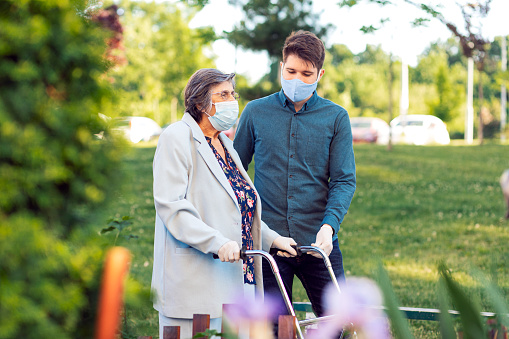
Alan S. Cohn worked with the Federal Health Care Finance Administration1978 to 1979. From 1992 and 2017, he was a strategic partnership consultant with Avesis Managed Health Care in Phoenix. Among other responsibilities, Alan S. Cohn was in charge of marketing and corporate development.
Corporate development looks into creating, maintaining and sustaining strategic business partnerships. It’s responsible for growth and restructuring initiatives. The overarching objective of corporate development is to produce measurable operational and financial performance improvements.
In the digital age, the business environment evolves faster than ever. Uncertainty, such as the Covid-19 pandemic, is now the new norm. Organizations need to be quick in anticipating opportunities for corporate growth and competitive disruption, diversifying risk, and leveraging scarce resources.
As organizations try to harness the benefits of data for business performance and the success of mergers and acquisitions (M&A), issues centering around environmental, social, and governance (ESG) must be at the center of planning. Already, forwarding-thinking companies are sharpening their analyses and re-assessing their corporate growth strategies.


